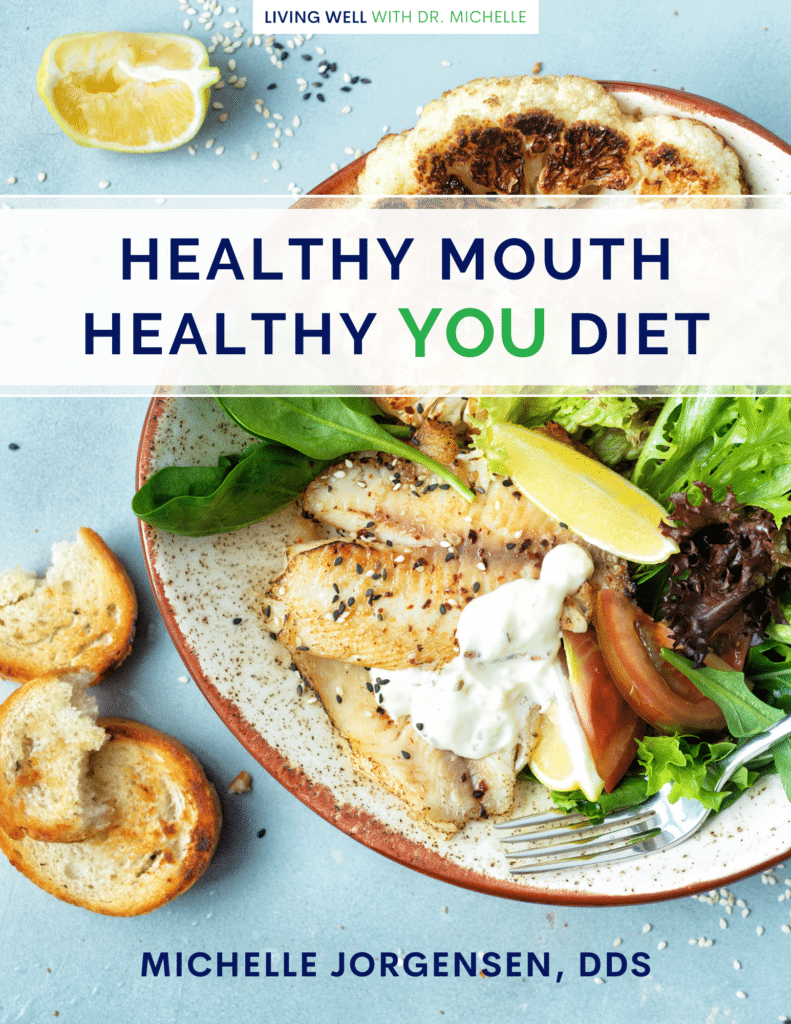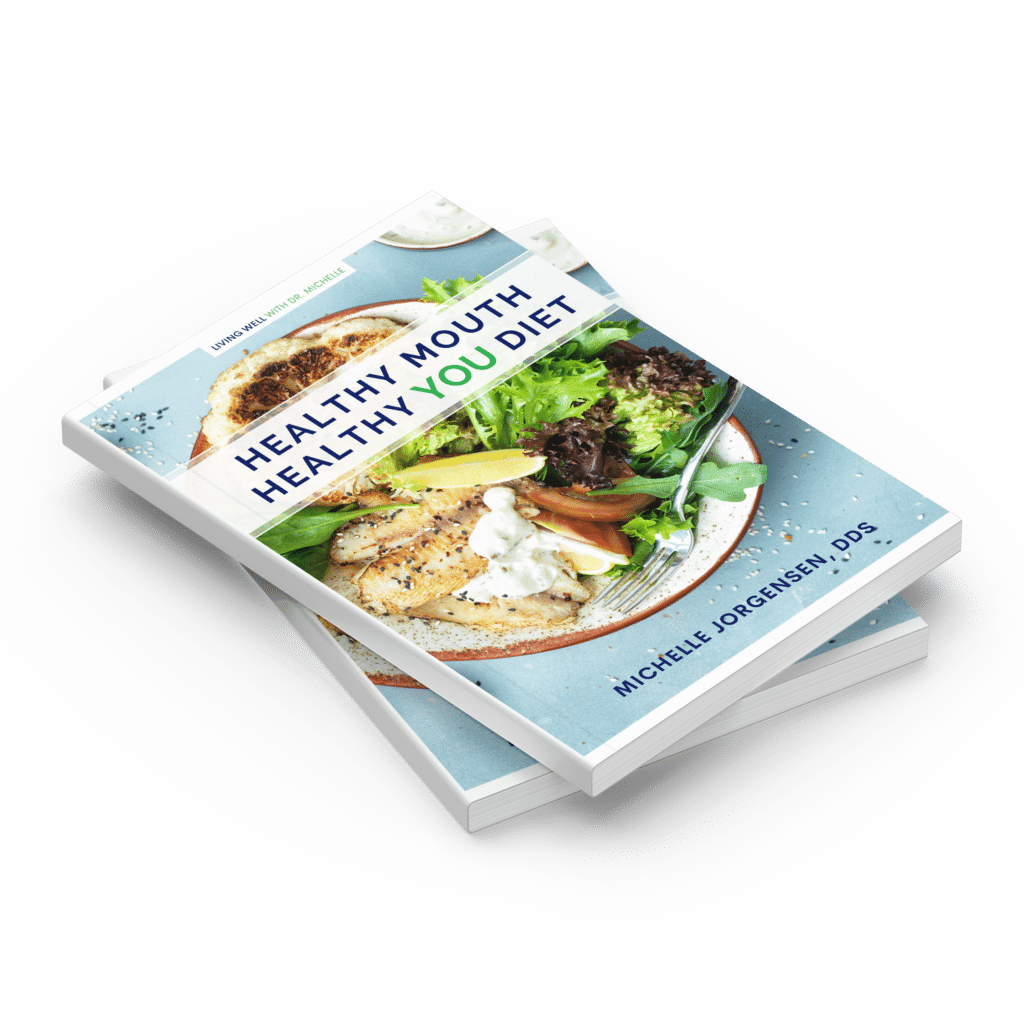Health Info » Dental and Whole Body Health » How To Breathe
How To Breathe
Table of Contents
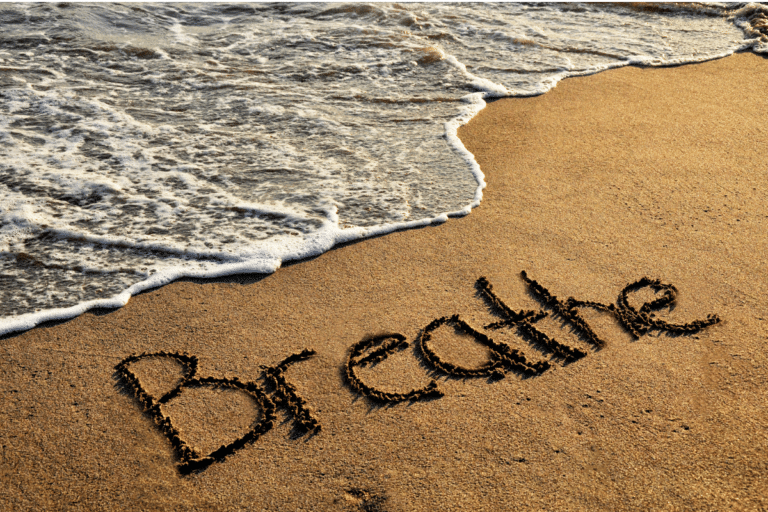
Do you know how to breathe?
Well, most of us think we do—We have all taken around 20,000 breaths per day since we were born.
Yet many of us aren’t breathing correctly—Let’s learn more!
Take a look at an excerpt from Dr. Jorgensen’s new book below.
Sickness, chronic fatigue, sleep problems, unwanted extra weight – all of these things are symptoms of poor health and can prevent you from doing the important things in your life.
As a society, we have grown accustomed to relying on pharmaceuticals, diet programs, and health coaches to minimize these symptoms, yet those things may not be available in every situation.
So how can you be self-reliant with regards to your health?
Let me share a simple lifestyle change you can make today that has been scientifically shown to improve health.
How to Breathe

I’m going to teach you how to breathe.
We were never taught how to breathe, but it is something we have intuitively done since birth.
However, many of us breathe in a way that isn’t conducive to health or longevity.
Improper breathing can lead to numerous health problems such as asthma, anxiety, attention deficit hyperactivity disorder, hypertension, chronic fatigue, and more.
So, the first tip is one we have all heard before.
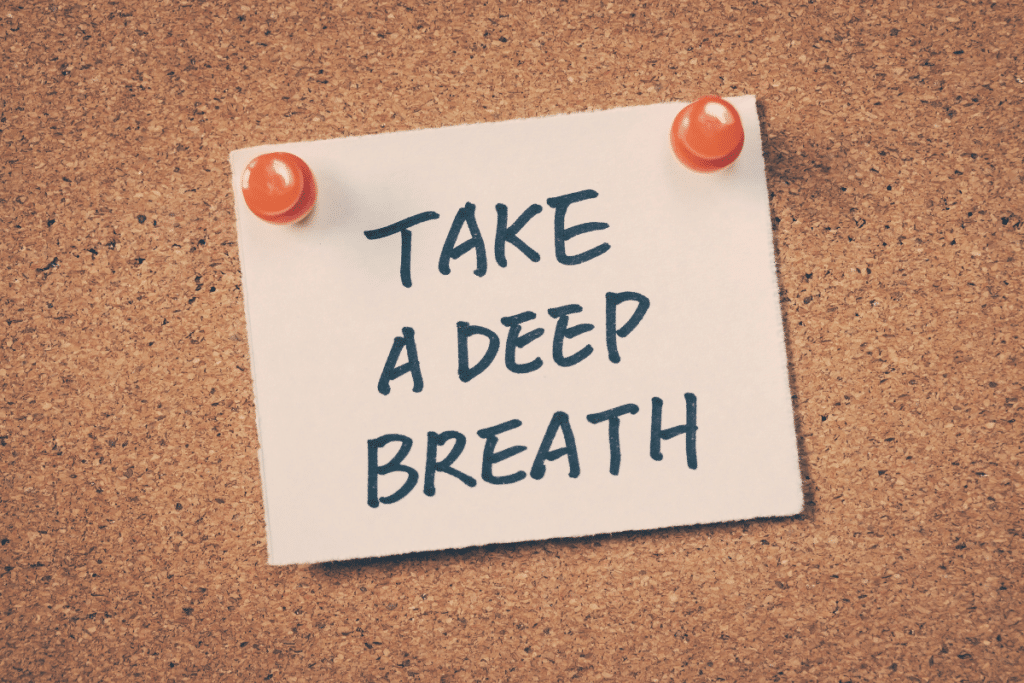
Yes, the first simple tip is to focus on breathing deeper.
However, the commonly repeated mantra of “take a deep breath” isn’t exactly what I’m intending.
First off, instead of raising your shoulders or expanding your chest when inhaling, focus on pushing your stomach down and out.
Second, you don’t actually need huge amounts of air. Instead of taking big fast breaths, it is better to take deep, slow breaths.
Scientists have found that when the average exhale and inhale are both about 5.5-6 seconds in length, which is called resonant breathing, this induces a state of synchronization in the body bringing physiological and mental benefits.
That means you should be taking about 5-6 breaths per minute, but the average adult takes anywhere from 12-16 per minute.
So, we are breathing more than we really should or need to.
Observations of other species have shown that those who take fewer breaths per minute tend to live longer than those who breathe more often.
Practice taking about 6 deep breaths per minute until it becomes a habit.
Nose vs. Mouth Breathing
But deep breathing isn’t the only problem many of us have.
Next time you are in public, look around, and you are sure to see somebody breathing through their mouth. Or go to any gym, and you’ll find a crowd of people breathing hard through their mouths.
Yet our ancient ancestors only used their mouths for eating and their noses for breathing.
Scientists have long known that chronic mouth breathing isn’t good for our airways.
It has been linked to problems like periodontal disease, neurological disorders, and an increased risk of respiratory infection.
So, the second tip is to breathe through your nose always.

Now, many of you are probably saying right now that you can’t get enough oxygen through your nose.
I can promise you that you are getting enough oxygen.
The oxygen levels in your blood will constantly remain high in almost every situation, but what you are feeling is a desire to rid your body of carbon dioxide.
This is a reflex all humans have, yet it can easily be trained.
Do a few breath holds from time to time, or simply force yourself to breathe constantly through your nose.
You will notice that within a few days, you will be able to tolerate more carbon dioxide and nose breathing will become easier.
But why should you breathe through your nose when it’s so much easier to just use your mouth?

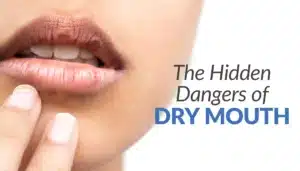
The Hidden Dangers of Dry Mouth — And What You Can Do About It
Struggling with dry mouth? Discover causes, symptoms, and natural remedies that protect your teeth and prevent decay. Holistic help starts here.

What Is a Biological Dentist?
Discover what a biological dentist is, how they support whole-body health, and why this natural approach to dentistry may be right for you.
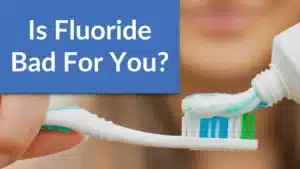
Is Fluoride Bad for You? What Your Dentist Might Not Be Telling You
Wondering if fluoride is bad for you? Discover what science says about fluoride risks, dental health, and safer ways to protect your teeth naturally.


